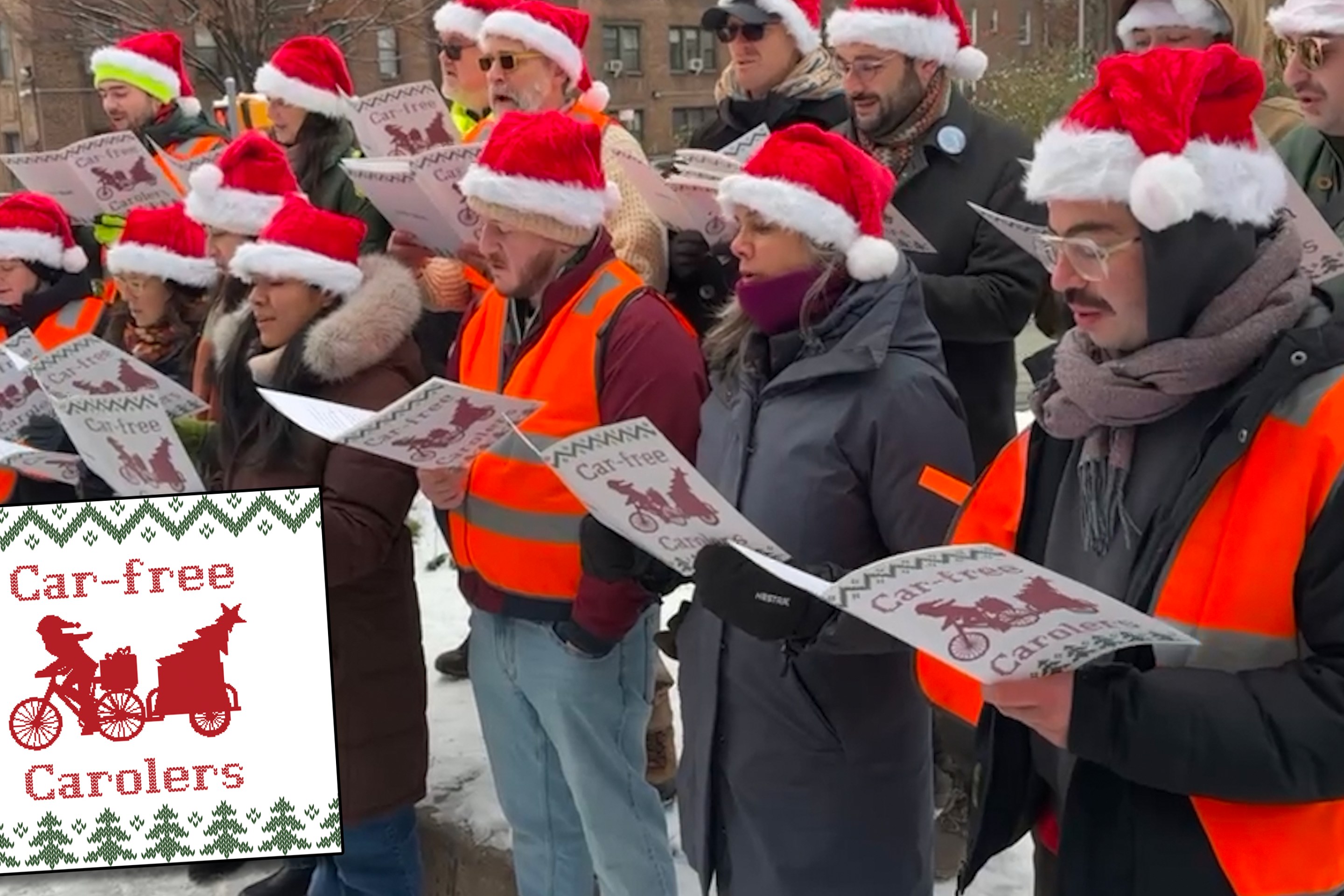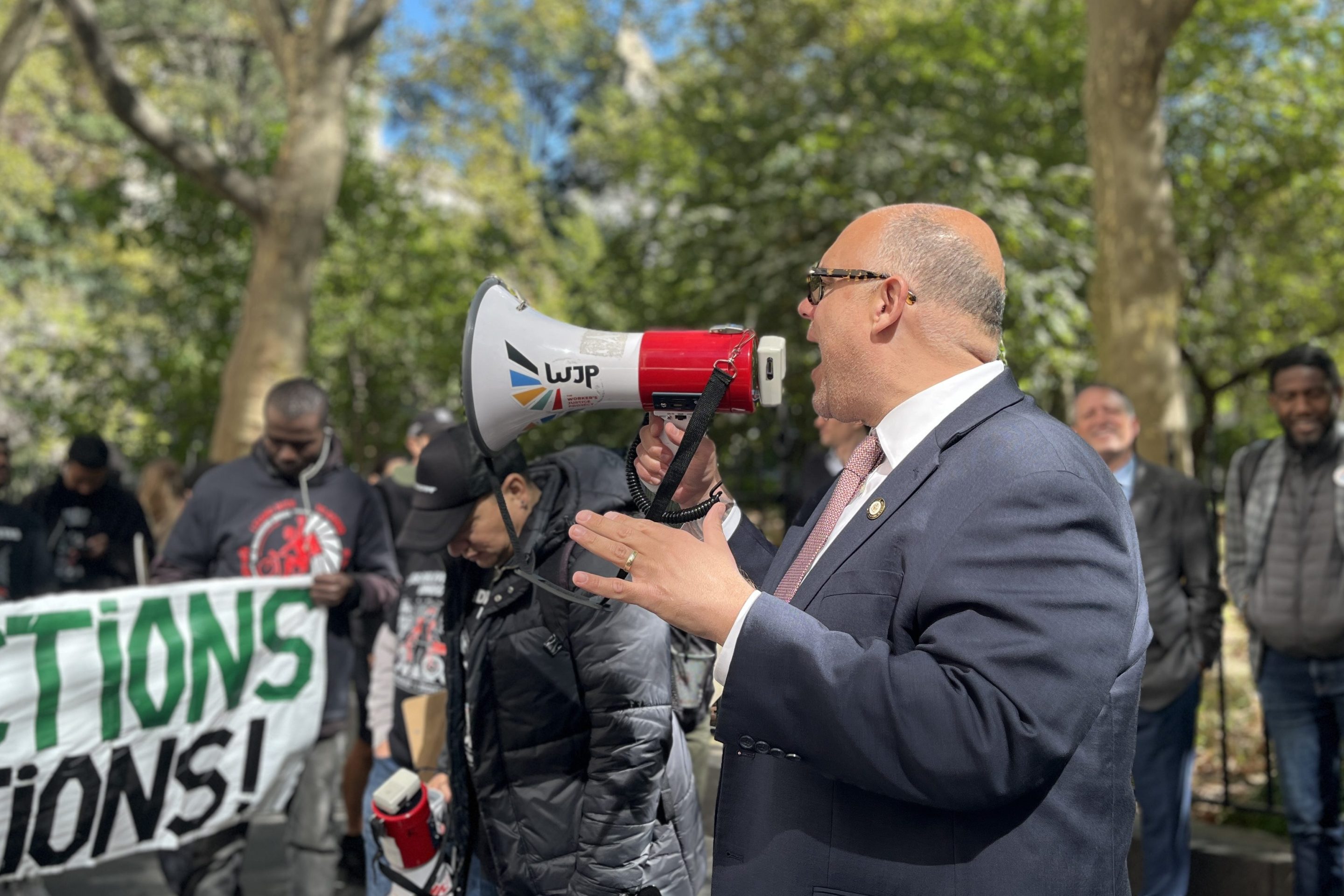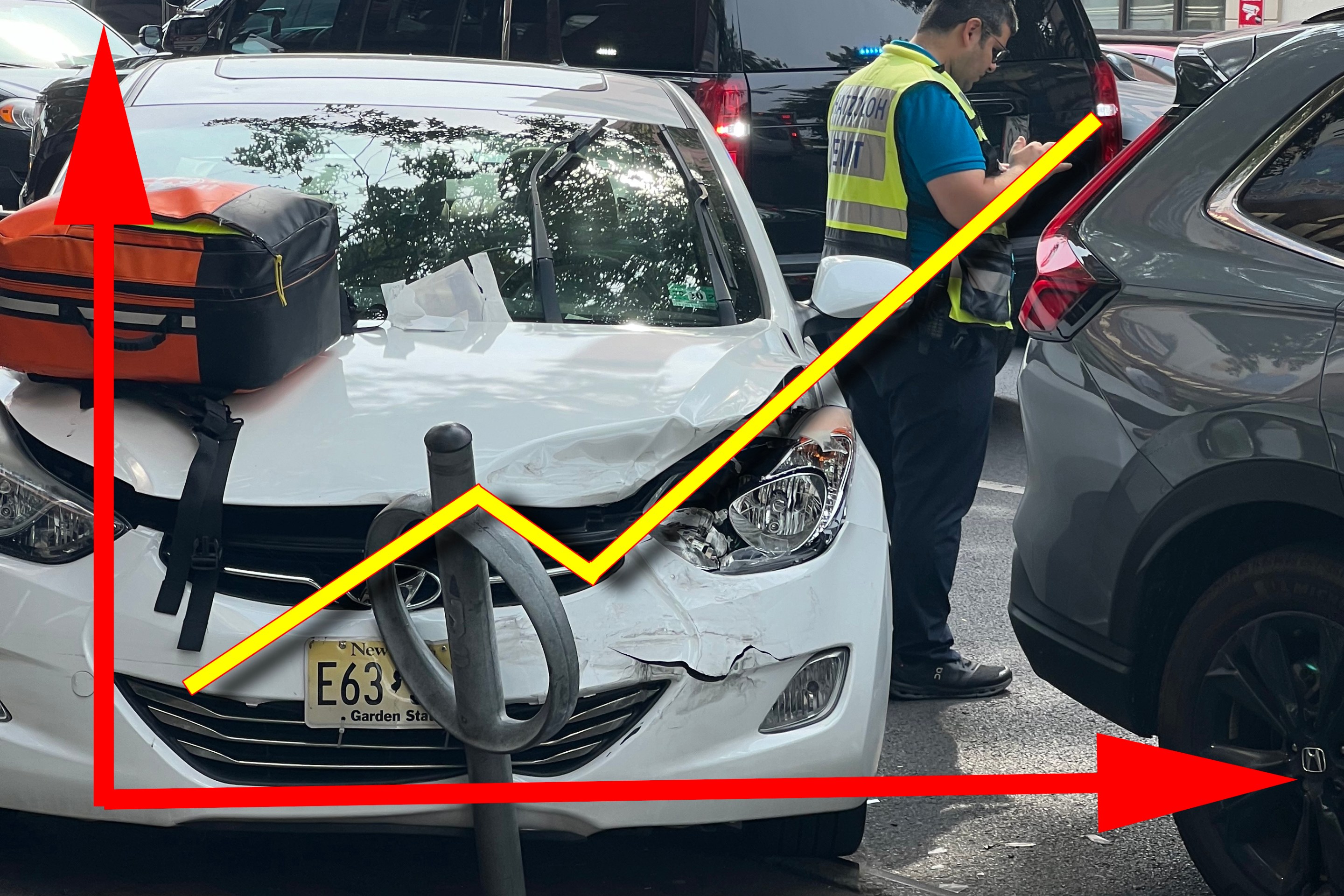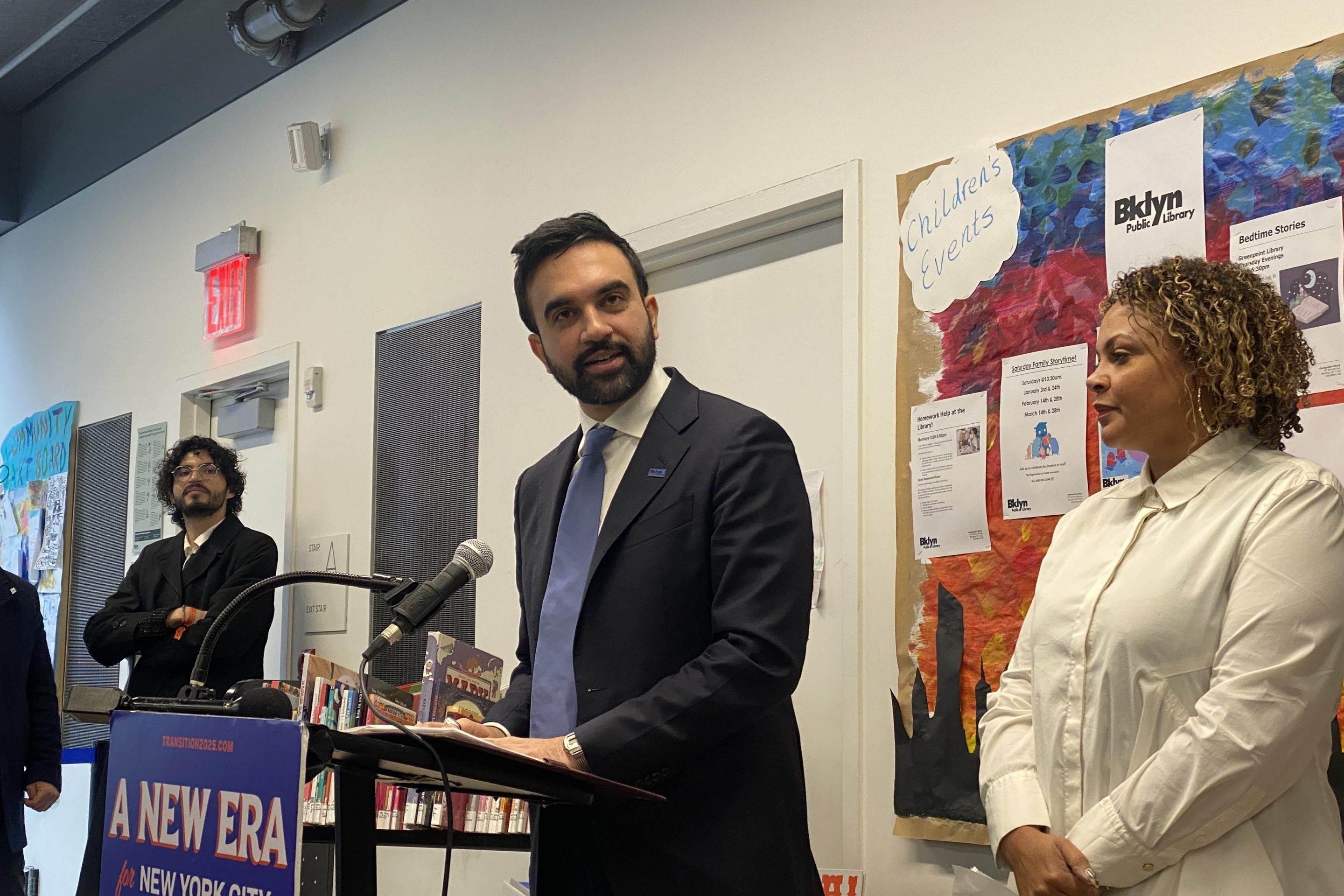Earlier this month we described how Albany made off with more than 100 million dollars in dedicated transit taxes that should have gone to the MTA, using revenues collected from the New York City region to plug the statewide deficit. So we wondered, what's happening to the state's other transit authorities? It turns out that not only are upstate transit agencies still receiving subsidies from the state's general fund, they get a portion of the MTA's dedicated taxes too.
We don't mean to imply that these transit agencies shouldn't receive support from Albany -- they should. But it's worth looking at the choices elected officials make about allocating funds for transit, because it reveals part of the political calculus that goes into Albany's predilection for robbing from the MTA.
When electeds divert transit funding from New York City, it's not a "tough" or "necessary" budget decision. It is a conscious, political choice by the state government.
There are four major upstate transit authorities, covering the metro areas of Buffalo, Syracuse, Rochester, and Albany. Each is quite small compared to the New York City region's transit system. Combined, they carry around 2.6 percent of the ridership of the MTA [PDF].
At each authority, the single largest source of operating revenue comes from a state fund called Public Transportation Systems Operating Assistance, or PTOA. All told, Albany puts about $19 million in general tax revenue into PTOA each year, according to the State Division of the Budget. Those subsidies stayed in place, even as the state took extra measures to eliminate its deficit last fall.
In contrast, before last fall, the MTA was slated to receive only $7 million in
operating assistance from the state's general fund. Then, after Albany enacted its deficit reduction package, things got even worse. The state became a net drain on the MTA,
siphoning off more than $100 million in dedicated transit taxes collected downstate.
But that's not all. Since
2006, the state legislature has taken $20 million per year, on
average, from the MTA's downstate transit fund and transferred it directly
to PTOA, according to the State Division of the Budget. In other words, the state takes dedicated transit tax revenue from downstate and gives it to upstate transit.
To reiterate, upstate transit agencies should receive state subsidies. Albany's willingness to rob from the MTA but not upstate transit should remind us, however, that when electeds divert transit funding from New York City, it's not a "tough" or "necessary" budget decision called for by hard times. It is a conscious, political choice by the state government. The kind of choice that legislators try to obscure from their constituents when service is threatened or fare hikes loom.





